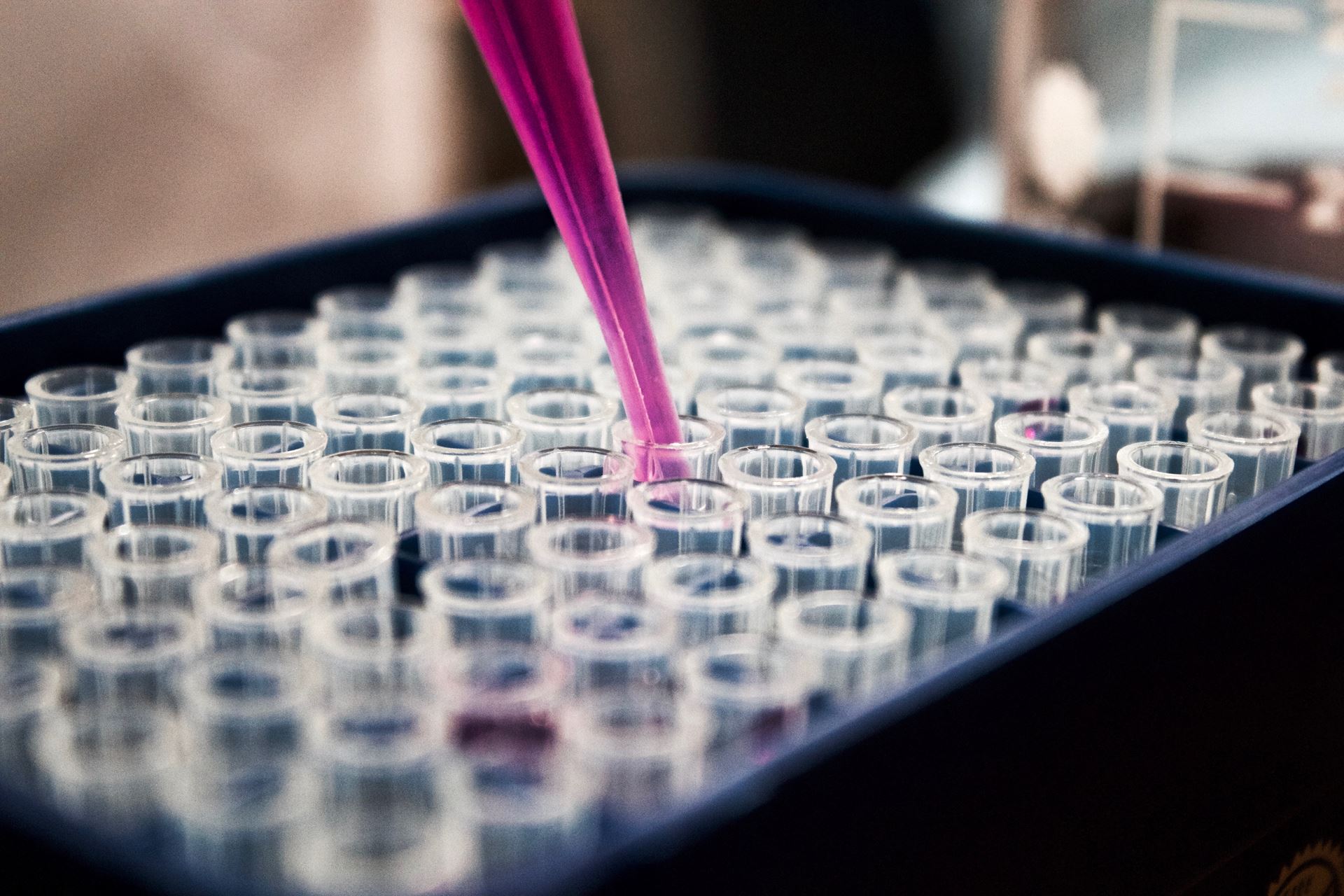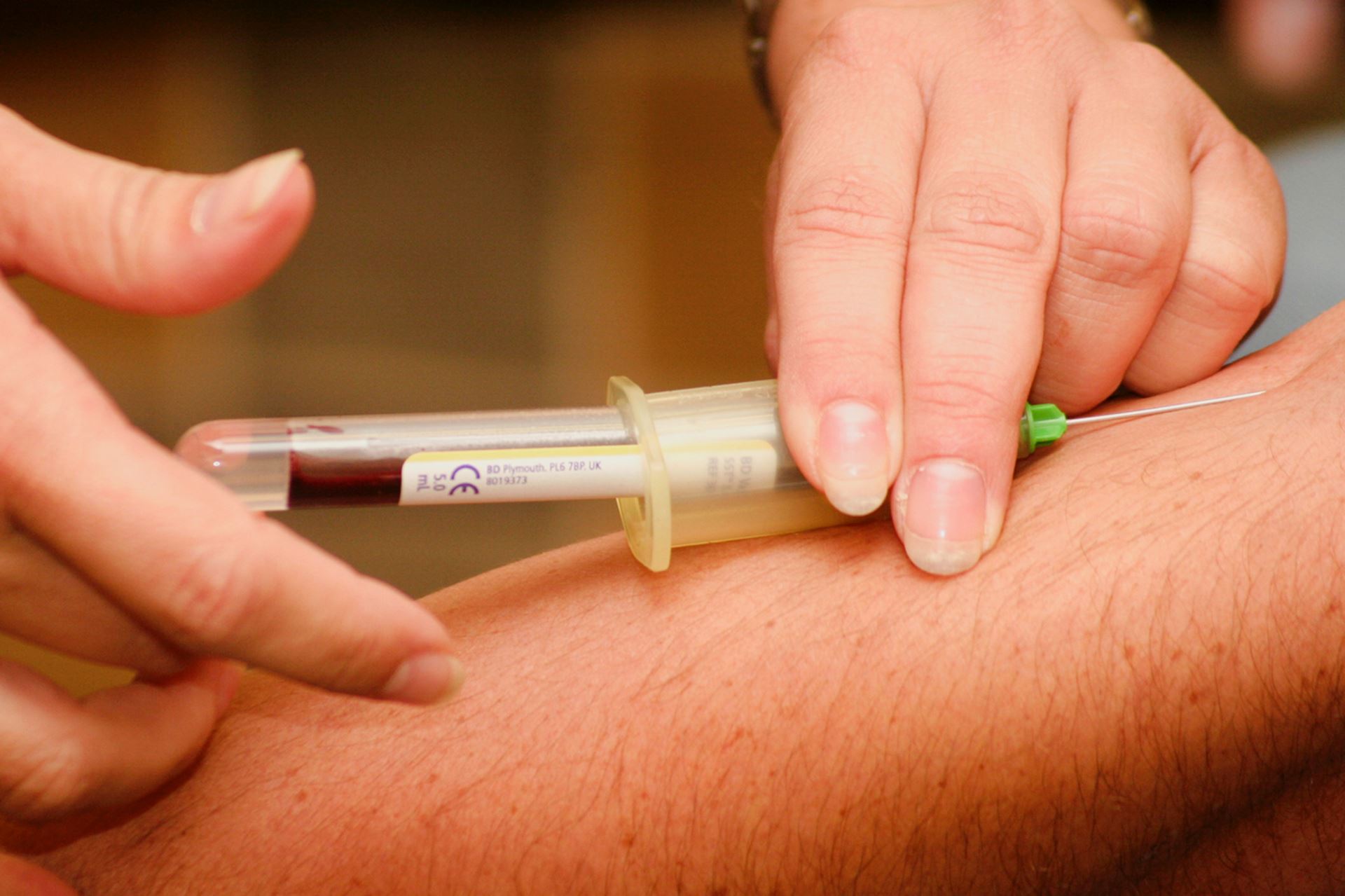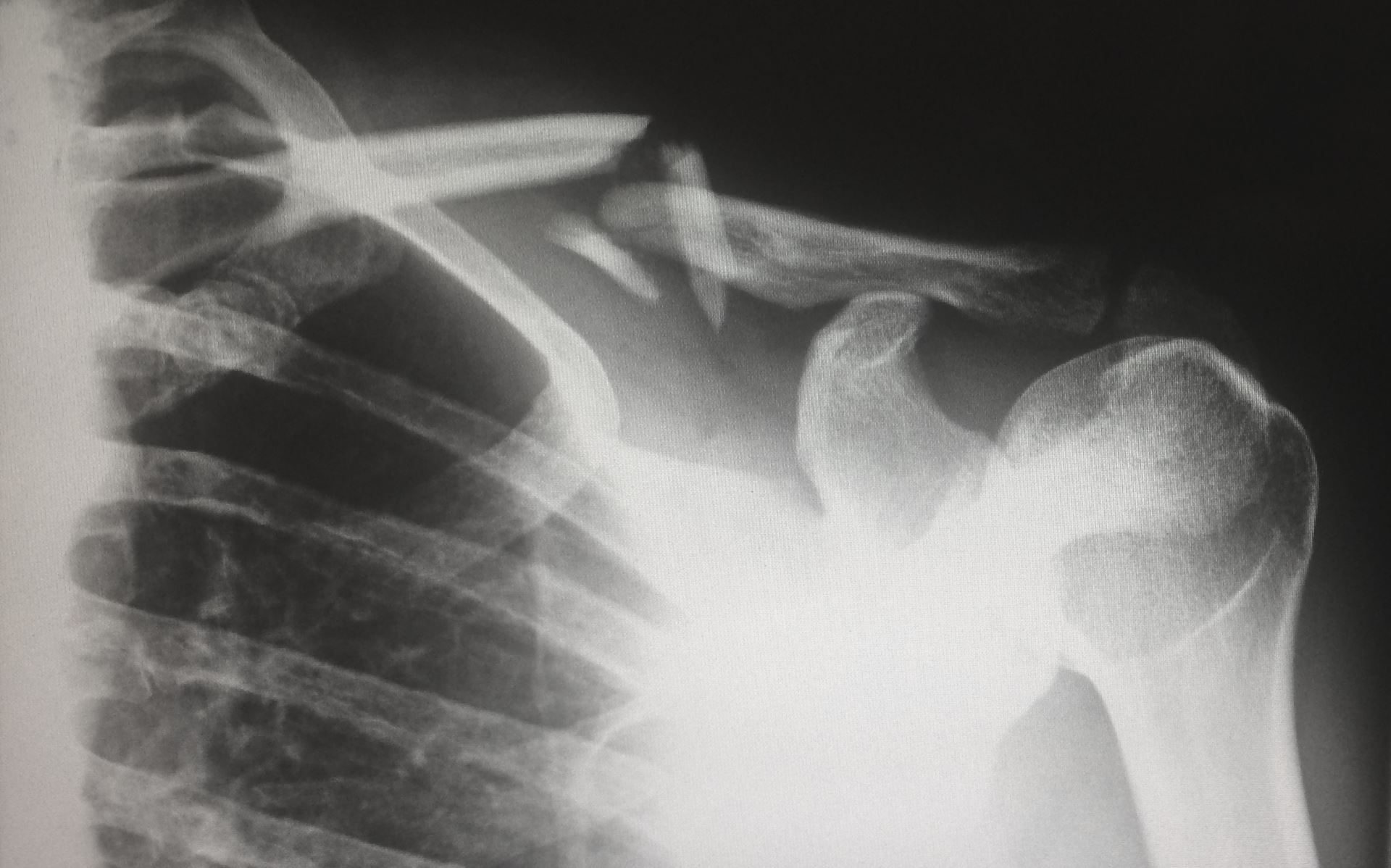Test results are checked by your GP. Staff are able to advise you, once they have been checked, whether a result is satisfactory or whether you should consult your doctor. You can also check your results online by signing up for Patient Online Access.
Please telephone reception after 11am for results. All laboratory tests results are dealt with in strictest confidence.
Test results can take up to 2 weeks.


